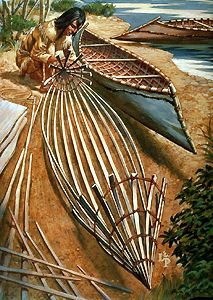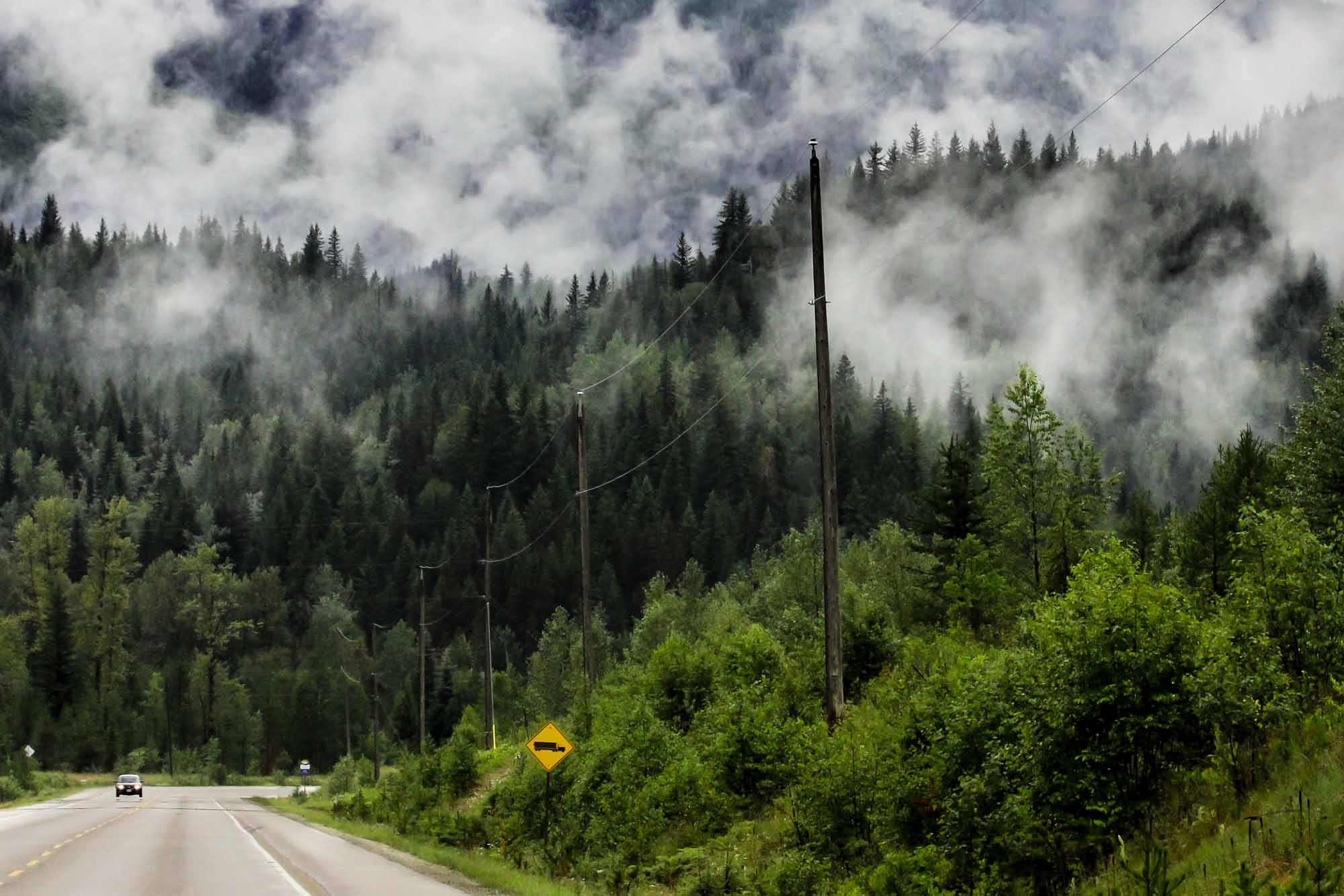Invermere, British Columbia, incorporated as a district municipality in 1983, population 3,391 (2016 census), 2,955 (2011 census). The District of Invermere is located on the northwestern shore of Windermere Lake in the Rocky Mountain Trench. Invermere is 130 km north of Cranbrook and 120 km southeast of Golden.
Indigenous Peoples and European Settlement
The Ktunaxa people sustained themselves in this territory for 12,000 years by hunting, fishing and gathering in a cyclical pattern according to the seasons. David Thompson built the first trading post in the Columbia District near here in 1807. In 1862, the first placer-gold miners arrived, and mining continued with the Paradise and Mineral King mines. In 1890, Edmund T. Johnston claimed the site with plans for a settlement. He named the settlement Copper City. Growth at the townsite did not occur until after the Columbia Valley Irrigated Fruit Lands Ltd purchased it (circa 1909). The company promoted the townsite to English and Scottish immigrants. The name was changed to Invermere. The new name was of Scottish origin and descriptive of the town’s location (inver meaning “mouth” and mere “lake”). Agriculture was established, along with beef production. Between 1920 and 1930 Invermere became a centre for mountaineers in the Purcell Mountains, after Conrad Kain, a prominent guide, made nearby Wilmer his home.
Economy
Invermere is the service centre and hub for the Columbia River valley. Forestry is the leading resource industry, but tourism also plays an important role, particularly at nearby Radium Hot Springs and Fairmont Hot Springs. In addition, Panorama Mountain Village is a year-round resort. North of Invermere is the Upper Columbia River Wetlands, an internationally recognized Ramsar site popular with birdwatchers. The Windermere Valley Museum traces the history of the valley.

 Share on Facebook
Share on Facebook Share on X
Share on X Share by Email
Share by Email Share on Google Classroom
Share on Google Classroom



